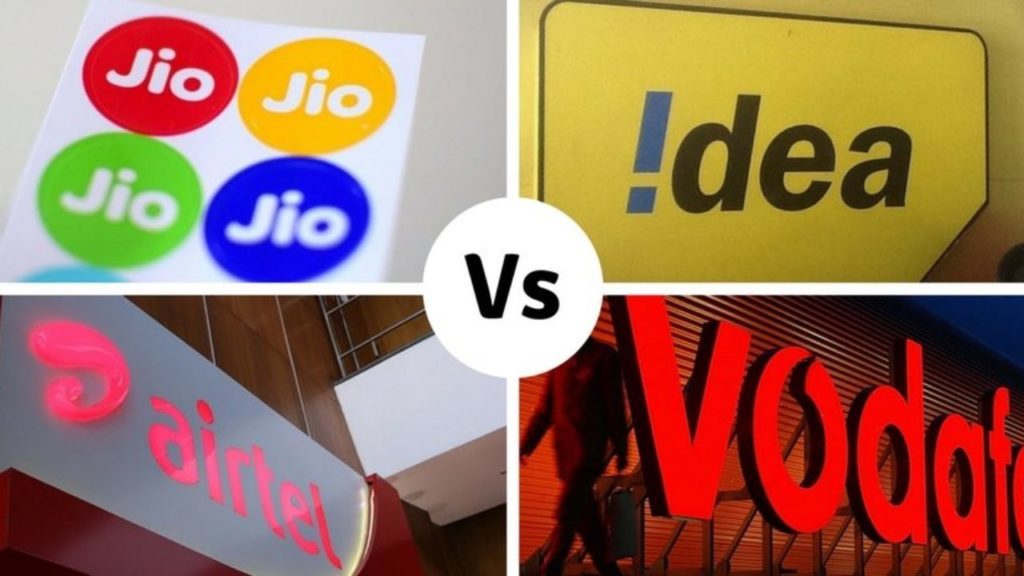Minimum Compulsory Tariff For Voice, Data Rejected By TRAI; Will Govt Help Telcos Now?

In order to provide relief to the sector, TRAI has lobbed the ball into the government’s court after rejecting the demand of the telecom operators to fix a floor price for voice and data tariffs.
It is now the second time that the regulator has signalled it is not going to take forward any proposal regarding a floor price.
According to a viewpoint, if TRAI tries to fix a floor price, then it would not gel well with the the Competition Commission of India (CCI) as it would display the regulator in the light that it is a part of an industry cartel. Hence, TRAI wants not to be involved and avoid any such turf battle between two regulators.
Government and Operators Should Work Out a Deal : TRAI
The regulator opines that in order to bring the sector back on track, the onus must be shared by the government as well as the industry.
An example for these two working in tandem can be like, operators hiking tariffs which can be followed by the reduction in licence fee, spectrum usage charge, extension of the moratorium period for payment of deferred spectrum installments, etc. by the government.
Something similar happened in 2019 following a Supreme Court order in October of that year on revenue, which killed some operators.
The government has provided for the suspension of two-year suspended installments – FY21 and FY22 -, has filed a petition with the Supreme Court requesting that operators be allowed to pay their AGR fees in installments over 20 years (finally the court accepts a term of 10 years), and operators in part they raised prices in December 2019.
However, down the line it lost steam as the burden sharing did not quite go as planned, with both, the operators not raising the tariffs further and the government not taking up other relief measures relating to the reduction of licence fee and spectrum usage charge.
TRAI feels that post the raised tariffs by the operators like Bharti Airtel and Vodafone Idea when it comes to their post-paid users, it is now the job of the government to fulfil its end of the commitment.
TRAI Submitted the Recommendations, Final call on Government
Recommendations such as reducing the licence fee from 8% of the AGR of the operators to 6% by reducing the 5% universal service obligation levy by two percentage points and also rationalising the calculation of AGR by providing what revenues of the operators should be taken into account and what should be left out from the computation of the levy have been given in the past by TRAI to the government. It is now in the hands of the government to take the final call.
An annual relief of around Rs 3,000 crore can be provided to the operators by the government post just reducing the licence fee by two percentage points.
Vodafone Idea, has dialled both the regulator and the government, post being unable to even raise funds to meet its statutory payments to the government. It sought a further one-year extension of moratorium on payment of deferred spectrum instalments from the government and a floor price for tariffs from the regulator.
The department of telecommunications (DoT) is considering a relief package for the operators which may include rationalisation of AGR levy, reduction in licence fee and SUC and extension in the moratorium period, post TRAI expressing its inability to bring the floor price.
The DoT needs to agree with the finance department before moving forward because all of these things have an impact on government.
Apart from ensuring that the telecommunications market continues to be a three-player market, it is the government’s desire to see that Vodafone Idea survives because most of its revenue is blocked from the company. To illustrate, the financial debt of Vodafone Idea stands at Rs 1.8 lakh crore, with the government paying for the spectrum (Rs 96,300 crore) and AGR (Rs 61,000 crore) for about Rs 1.57 lakh crore.

Comments are closed, but trackbacks and pingbacks are open.